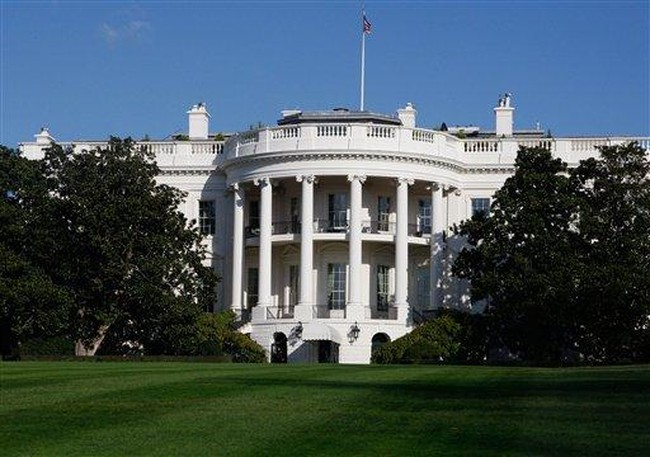The White House has responded to House Republicans’ impeachment inquiry. The Biden administration’s counsel is challenging the constitutional legitimacy of the inquiry and demanding that House Republicans withdraw their subpoenas and requests for interviews.
This story raises key questions about the procedural validity of the inquiry and the political dynamics at play.
White House special counsel Dick Sauber questioned the validity of the GOP-led impeachment inquiry into President Biden on Friday in a scathing letter sent to House Oversight Chairman James Comer (R-Ky.) and House Judiciary Chairman Jim Jordan (R-Ohio).
In the four-page letter, Sauber demanded that Comer and Jordan withdraw their subpoenas and requests for interviews with members of the Biden family and aides, arguing that since the House did not hold a floor vote on the impeachment inquiry, it has not been formally authorized by the legislative body as required by the Constitution.
“In fact, both of you previously supported the position that moving forward with an impeachment inquiry without a vote of the House ‘represents an abuse of power and brings discredit to the House of Representatives,’ ” Sauber wrote, quoting a 2019 resolution disapproving of then-House Speaker Nancy Pelosi’s (D-Calif.) decision to unilaterally initiate an impeachment inquiry into former president Donald Trump.
The significant component of Sauber’s argument rests on the constitutional requirement for a House vote to authorize an impeachment inquiry. He stressed that without this formal step, the investigation does not possess the power to compel people to provide testimony and submit to interviews.
Sauber brought up House Speaker Mike Johnson’s (R-LA) prior criticisms of Democrats’ initiation of an impeachment inquiry into former President Donald Trump as a “sham” because there was no House vote on the matter.
It also cites the chairmen’s and Speaker Mike Johnson’s (R-LA) past statements to support that point. Back in 2019, Johnson called the Democrats’ opening of an impeachment inquiry into former President Donald Trump a “sham” because they did not have a vote — instead, it was “initiated unilaterally via a press conference,” much like the current one was opened.
“This pattern of distortions and falsehoods lays bare that no amount of truthful testimony or document productions will satisfy you and exposes the improper nature of your Committees’ efforts,” the letter read. “Congressional harassment of the President to score political points is precisely the type of conduct that the Constitution and its separation of powers was meant to prevent.”
Chairman James Comer (R-KY) responded to the White House’s letter, accusing the administration of not being transparent and obstructing the investigation, while also stating that the committee members “are not deterred.” He said:
Instead of fulfilling President Biden’s pledge to have the most transparent administration in history, the White House is withholding over 82,000 pages of emails where Joe Biden used a pseudonym when he was Vice President, refuses to provide proof that Joe Biden loaned his brother money, and now seeks to block the Bidens, their associates, and current and former White House staff from testifying before Congress.
We are not deterred by this obstruction and will continue to follow the facts and hold President Biden accountable to the American people.
It is not clear whether Sauber’s contention that the inquiry is not valid because there was no House vote holds water. But it might not matter. Even if he is correct, Republicans still hold the House, meaning they could simply take a vote authorizing the inquiry.
However, on the other hand, it is also possible that there will be enough Republicans voting against the inquiry to stall efforts to impeach President Biden. Reps. Matt Gaetz (R-FL) and Nancy Mace (R-SC) have criticized the push for impeachment.
Of course, House Republicans could just ignore Sauber’s letter and proceed with the inquiry. Comer’s response indicates that this might be the most likely outcome.


